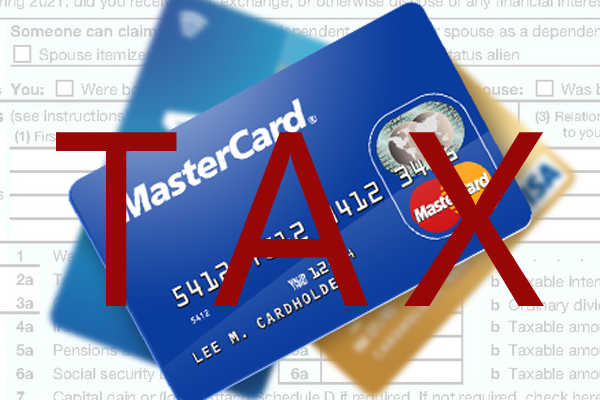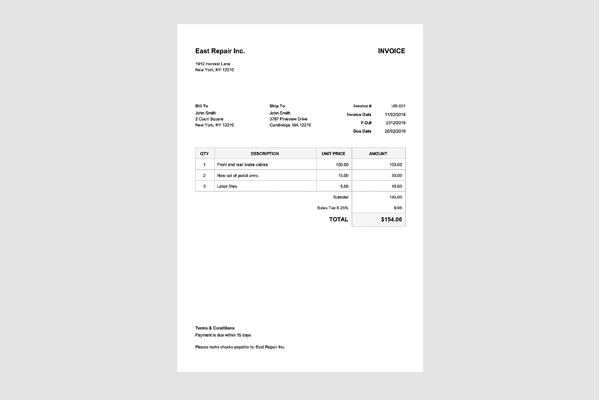
Payment of Tax and Other Amounts in Instalments
Section 80 of the CGST Act 2017 – Payment of Tax and Other Amount in Instalments (M/S K. I. International(India) Ltd( W. P. No. 10379 of 2020) – High Court of Madras) Section 80 of the CGST Act 2017, allows a taxpayer to file an application before the Commissioner to allow payment of any amount due under the Act in monthly instalments, not exceeding 24 months. However, this facility is not available, where the amount due is self-assessed in any return.
In this case, there was mismatch between the tax liability declared by the petitioner in his GSTR 1 and GSTR 3B filed for the period in question, with the tax liability declared in GSTR 3B being lesser than that declared in GSTR 1. The petitioner was served with a notice to pay the differential tax liability along with interest and penalty.
The petitioner filed an application before the Commissioner to allow him to pay the differential tax in instalments under Section 80 of the CGST Act. The Commissioner rejected the application on the ground that, the differential tax payable by the petitioner was a self – assessed tax the same being declared in GSTR 1 filed by the petitioner and hence the facility to pay in instalments could not be granted.
The petitioner challenged the above rejection of his application, before the Honourable High Court of Madras. The petitioner’s contention was that GSTR 1 was not a return under the GST Law and hence the amount declared therein does not amount to self-assessed tax. The Honourable High Court noted that Section 37 onwards till Section 48 falling under Chapter IX and entitled ‘Returns’ proceeds on the basis that the various forms prescribed for filing by assessees, either setting out details of inward or outward supplies or tax credit, would all constitute returns.
It also observed that inter alia Section 39 refers to a return of inward and outward supplies of goods or services or both and that the return of outward supplies is in Form GSTR 1. The Honourable High Court therefore concluded that the argument that GSTR 1 only deals with details and hence would not constitute a statutory return is unacceptable and contrary to the scheme of the Act. The above judgement while reaffirming that facility to pay any amount due under the Act is not available in respect of self -assessed tax in returns, also puts to rest any doubts as to whether GSTR 1 is a return under the GST Law or not.
Your free access to Supreme Law News has expired
For further details contact:
Dr. Ajay Kummar Pandey
( LLM, MBA, (UK), PhD, AIMA, AFAI, PHD Chamber, ICTC, PCI, FCC, DFC, PPL, MNP, BNI, ICJ (UK), WP, (UK), MLE, Harvard Square, London, CT, Blair Singer Institute, (USA), Dip. in International Crime, Leiden University, the Netherlands )
Advocate & Consultant Supreme Court of India, High Courts & Tribunals.
Delhi, Mumbai & Dubai
Tel: M- 91- 9818320572. Email: editor.kumar@gmail.com
Website:
www.supremelawnews.com
www.ajaykr.com, www.4Csupremelawint.com
Facebook: /4Clawfirm, /legalajay Linkedin: /ajaykumarpandey1 Twitter: /editorkumar / YouTube: c/4cSupremeLaw Insta: /editor.kumarg
Telegram Channel
Whatsup Channel






